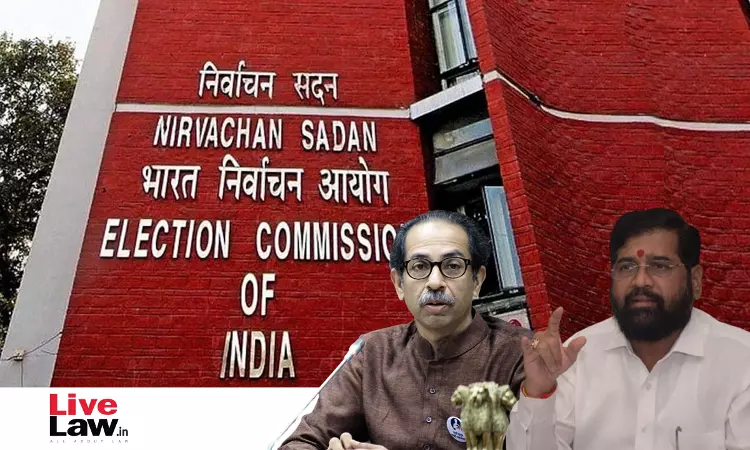Shiv Sena Rift | Inner Party Democracy Must Be Promoted: Election Commission Of India
Padmakshi Sharma
18 Feb 2023 9:45 AM IST

Next Story
18 Feb 2023 9:45 AM IST
The Election Commission of India (ECI) has recognised Eknath Shinde group as official "Shiv Sena", and allowed them to use official "Bow & Arrow" symbol and the "Shiv Sena" name. While applying the tests laid down in the 1971 Supreme Court judgment in Sadiq Ali v. Election Commission of India, the ECI noted that there was a "democratic deficit" in the amended Party Constitution of Shiv...
